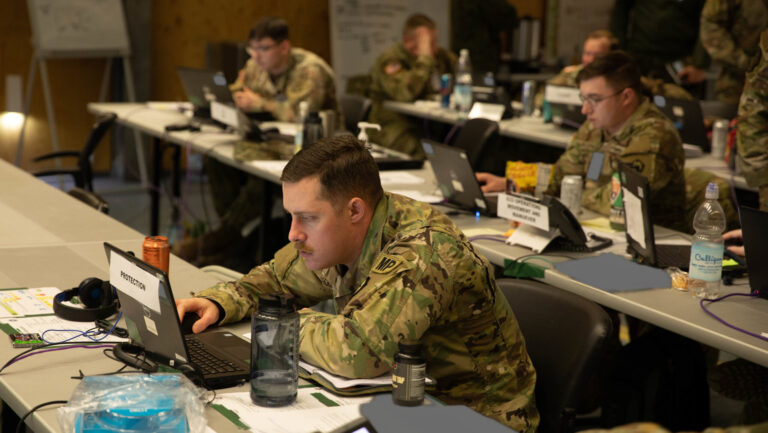
Avoid Financial Mistakes in College
College is a time of learning, not just in the classroom, but in life. For many students, it’s the first time managing money on their own. This can lead to many financial mistakes.
These mistakes may seem small now but can have long-term consequences. The good news is that many of these mistakes are easy to avoid with the right knowledge.
In this article, we will go over the top nine financial mistakes that college students should avoid. These tips can help you stay on track, save money, and even avoid debt after graduation.
Not Creating a Budget
One of the biggest mistakes students make is not having a budget. A budget helps you plan how much money you will spend each month. Without it, it’s easy to overspend and not realize where your money is going.
Start by listing all your income sources like part-time jobs, scholarships, or help from family. Then list all your monthly expenses such as rent, food, transportation, and entertainment. Make sure your spending does not exceed your income.
Budgeting apps like Mint or EveryDollar can make this process easier. It only takes a little time but can save you a lot of stress and money later.
Overspending on Credit Cards
Credit cards can be helpful, but they can also lead to big problems. Some students use them for everyday purchases without thinking. Before they know it, they’ve maxed out the card and are stuck paying interest.
If you choose to use a credit card, use it wisely. Only charge what you can afford to pay off each month. Always pay your bill on time. This will help build your credit score while avoiding debt.
Never use a credit card for things you don’t need, like expensive clothes or gadgets. It might feel good at the moment, but the debt can last for years.
Ignoring Student Loan Terms
Many students take out student loans without fully understanding what they are signing up for. This can lead to big surprises after graduation.
Make sure you know the type of loan you have, the interest rate, and when payments begin. Federal loans often offer better terms than private ones, such as income-based repayment plans.
Try to borrow only what you need. Just because you are approved for a large loan doesn’t mean you should take the full amount. The less you borrow now, the less you have to pay back later.
Eating Out Too Often
Food is a major part of your budget, and eating out regularly can quickly drain your wallet. Grabbing takeout or going out with friends may seem like a small cost, but it adds up fast.
Instead, cook at home as much as possible. Learn a few easy recipes, and shop smart at the grocery store. Many colleges also offer affordable meal plans that can help reduce costs.
You don’t have to give up eating out completely. Just save it for special occasions, and keep it within your budget.
Not Using Student Discounts
As a student, you have access to many discounts. These can help you save money on everything from food to software to travel. However, many students forget to use them or don’t know they exist.
Always carry your student ID, and ask if places offer a student discount. Some companies, like Spotify and Amazon, offer special student pricing. There are also websites like UNiDAYS and Student Beans that list current deals.
Using these discounts regularly can save you hundreds of dollars each year.
Skipping an Emergency Fund
Many students don’t think about building an emergency fund. But life is full of surprises-your car might break down, or you could lose your job. Without savings, you might have to rely on credit cards or loans.
An emergency fund is money set aside just for unexpected expenses. Try to save a small amount each month, even if it’s only $20. Over time, it adds up.
Having this fund can give you peace of mind and help you avoid financial trouble in a crisis.
Renting More Than You Can Afford
Housing is often the biggest monthly expense for college students. Many students make the mistake of renting places that are too expensive. They may want a nicer apartment or to live alone, but this can lead to financial strain.
Before choosing a place to live, make sure the rent fits into your budget. Consider living with roommates to save money. Also, look at the full cost-not just rent, but also utilities, internet, and transportation.
Living modestly now can help you stay out of debt and save money for the future.
Not Working During School
Some students avoid getting a job during college, thinking it will interfere with their studies. While academics should be your main focus, a part-time job can actually help in many ways.
A job gives you extra income and teaches valuable skills like time management. Even a few hours a week can help cover basic expenses and reduce the need for loans.
Some colleges offer work-study programs, which are flexible and student-friendly. Look for jobs on campus or nearby that fit your schedule.
In places like Texas, students are even using extra income to focus on debt reduction in Houston and other cities. This shows that working during school can make a big difference over time.
Ignoring Financial Education
Many students leave high school without knowing much about managing money. They may not understand taxes, interest, credit scores, or savings. Not learning about these topics in college can be a costly mistake.
Take time to educate yourself. There are free online courses, podcasts, and books about personal finance. Many colleges also offer workshops or counseling for students.
Knowing how to handle money is one of the most valuable skills you can learn. It will benefit you for the rest of your life.
Explore these Financial Mistakes to Avoid in College
College is a time of growth, and learning how to manage money is part of that journey. Avoiding these nine financial mistakes can help you build good habits and avoid debt. It’s okay to make a few errors along the way, but the more you know, the better choices you’ll make.
Start budgeting, spend wisely, and think ahead. These small steps can lead to a more secure and successful future.
Looking for more tips and ideas? We’ve got you covered. Check out some of our other posts now.





